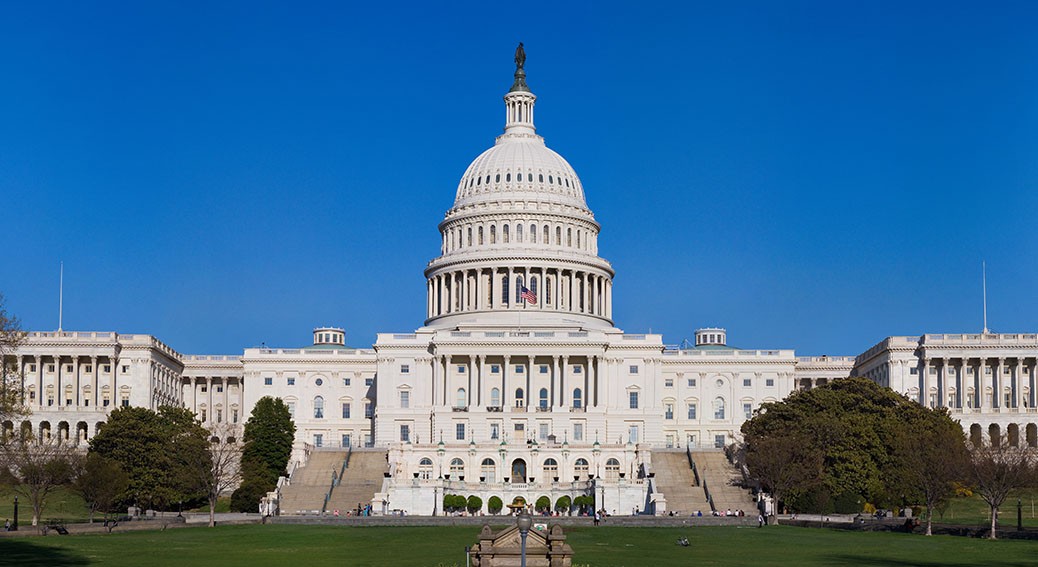SDAHO, in step with our national partners at the American Hospital Association (AHA) and LeadingAge, is urging members to reach out to their representatives to express their views on the American Health Care Act (AHCA) legislation to repeal and replace parts of the Affordable Care Act (ACA).
The non-partisan Congressional Budget Office (CBO) said Monday that the AHCA would cause 24 million people to lose health insurance within a decade but reduce federal deficits by $337 billion. Roughly 25,000 South Dakotans could lose their health insurance in fiscal year 2018 due to significantly reduced federal subsidies.
SDAHO President/CEO Scott A. Duke sent a letter to U.S. Rep. Kristi Noem, R-S.D., on Wednesday expressing SDAHO’s views on the legislation.
Duke said that the challenges associated with the ACA are familiar to our members, and members welcome the opportunity to identify solutions to improve our nation’s health care needs. And while the AHCA introduces some new solutions, the bill presents more potential challenges, he said.
Duke said the AHCA proposal includes significant changes to the funding structure for Medicaid and gives more authority to states for operation of such programs. However, the switch to a per-capita cap funding model for Medicaid would make significant reductions ($880 billion nationally over 10 years, according to the CBO) to a program that provides services to our most vulnerable populations. Estimates point to a 30 percent reduction in Medicaid for states. Given that the South Dakota DSS budget for FY 18 was $1.1 billion, the potential losses could exceed $300 million annually in South Dakota.
South Dakota health care providers currently absorb $124 million in uncompensated care annually, and those loses, coupled with significant cuts to reimbursement from the ACA within the AHCA, cast a bleak forecast for the future of South Dakota providers, especially for rural and safety-net facilities.
The bill also fails to sufficiently address likely instability in the insurance marketplace for consumers, and it jeopardizes the continuation of access to individual insurance for many South Dakotans.







